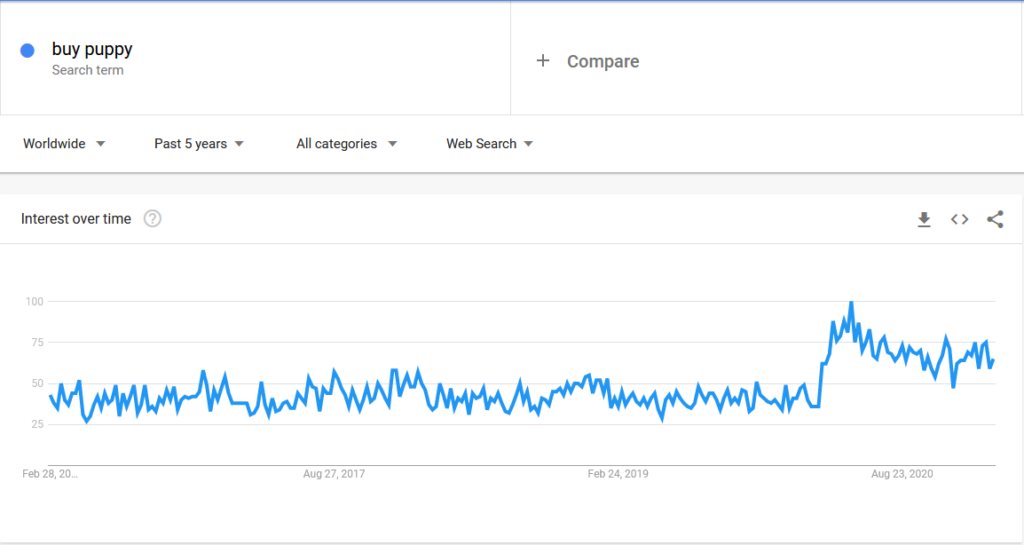Contents
Every month, we collect insights from the clients we work with through external audits and mystery shopping on popular marketplaces across the world. The goal is to understand current global trends within online marketplace scams, fraud, and other content challenges and to track how they evolve and change over time.
The information is shared with clients and internally in our operations with our teams. Recurring trends are also used in the training of new content moderation specialists to build new generic filters for Implio and to support the training of AI models.

Here’s an overview of some of February’s moderation trends
Courier frauds increased by 107%
In February, we saw a concerning increase in “courier frauds,” with 107% more compared to normal levels. Courier fraud is a scammer pretending to be interested in buying an item, then asking the seller to register at a fake courier site. Once the victim has registered, they’re asked to share their credit card information. To circumvent moderation, scammers often redirect the conversation of the marketplace and the scam is performed through offline communication platforms like WhatsApp. However, with good moderation processes and awareness of how the fraudsters operate, users can be protected.
New console releases are still a major scam driver.
Together with cell phones, which remain the top targeted category for scammers with 39% of all scams, consoles are still leading the challenge by constituting 24.66% of fraudulent cases. Most scams in these 2 categories are tied to the release of the new iPhone and the launch of PlayStation 5. After rumors started floating around of a new Nintendo Switch release in 2021, we’ve also begun seeing scams related to the popular handheld console.
Marketplaces are now a hub for exam cheats.
As lockdowns make physical tests an impossibility, we’ve seen a surge of offers to take tests and exams on behalf of others.
While the offers themselves may be genuine, the practice is unethical and, if discovered, could lead to students being expelled and a devaluation of the educational system. As such we generally recommend removing listings advertising these sorts of services.
Valentine’s Day scammers tried to be extra cuddly.
During the lead-up to Valentine’s Day, we did an audit of 6 popular, non-client marketplaces and saw a worrying number of scams. In particular, puppy scams were abundant. In one instance, 90% of all puppy listings were fraudulent. The issue isn’t only limited to Valentine’s Day, either.

Due to pandemic-enforced social distancing and recurring lockdowns, there’s been a rise in pet purchases over the past year, and scammers are taking advantage. As such it pays to stay vigilant and keep an extra focus on pet-related listings and categories.
With this quick overview of current trends, we hope to provide you with the tools needed to focus your content moderation efforts where they are most needed. If you would like input specifically for your site, feel free to reach out.